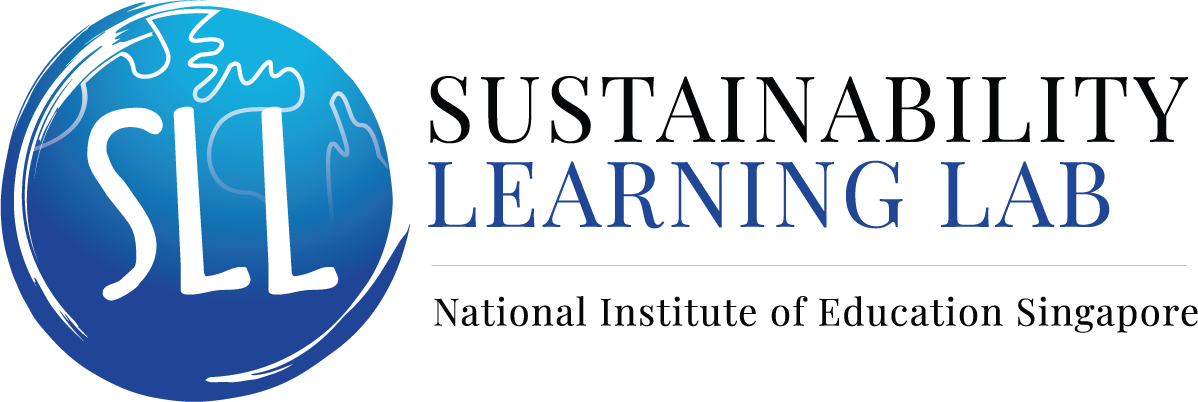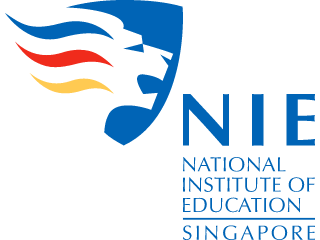Alongside mounting evidence of rapid changes in the global climate system is the growing concern on how to mitigate and adapt to these changes, and more importantly, on how to prepare future generations to its impact (International Panel on Climate Change, 2007). Indeed, climate change is a predicament with inter-generational consequences; the repercussions of decisions made in the present are borne by those who will inhabit the planet in years to come. To this, education is universally regarded as a key measure to pass on vital skills and knowledge, and essentially a catalyst of hope for humanity against the impending threats of climate change (Anderson, 2012). However, notwithstanding its relevance and currency, the phenomenon remains fundamentally misunderstood. Climate change literacy is yet to be developed as a skillset.
There is no dearth in research documenting the prevalence of false beliefs that make up general understanding of climate change. In fact, studies on how the topic is taught and learned in schools point to the chasm between awareness and understanding and the pervasiveness of misconceptions in students’ mental models (Daniel, Stanisstreet, & Boyes, 2007; Hansen, 2010; Kilinc, Stanisstreet, & Boyes, 2008; Lee, Lester, Ma, Lambert, & Jean-Baptiste, 2007). In addition, reports on interventions aimed at replacing bogus with correct knowledge have indicated the tenacity of these misconceptions (Gautier Deutsch, & Rebich, 2006; Lee et al., 2007).
Central to this proposal is the continuation of scholarly efforts by the Principal Investigator (PI) to push for greater and deeper engagement with the learning of climate change in Singapore’s schools. The project has three objectives. First, it intends to refine, strengthen and implement the Climate Change Diagnostic Test (CCDT), an instrument used to determine the nature of climate change knowledge, to a wider population of mixed demographics. Second, an intervention will be mounted to target resilient misconceptions through the use of refutation-based text and instruction. Findings from the CCDT data will inform the development of this teaching and learning programme. Third and foremost, it intends to translate research discoveries into practice by producing a teaching kit that is empirically grounded on the results of classroom-based studies contextual to Singapore.
In context, two previous research projects by the PI have set the ground for a more nuanced inquiry on the topic. The first grant (RS 1/11 CCH) made possible for the establishment of baseline data on what students and teachers know and do not know about climate change. The research also looked at how teachers of various disciplines perceive climate change education and the uses of climate literacy to the individual and society at large. A scholarly book was published with Routledge (Chang, 2014) in addition to several journal articles (Chang, 2013; Chang and Pascua, 2014) and conference presentation (Chang & Pascua, 2012).
The second phase (RS 5/12 CCH) specifically targeted the improvement of content understanding on climate change through triggering conceptual change. A professional development workshop was mounted for this purpose. Two teachers then agreed to be observed by the research team as they taught the topic in their respective classrooms. Simultaneously, identified misconceptions in the first phase were concretized into the CCDT (see Appendix) which was implemented in these two separate occasions. Following a case-based approach, class observations showed the fact that teachers’ enhanced understanding of the phenomenon was not enough to effectively recalibrate students’ alternative conception. Indeed, while significant improvement in understanding was observed in both events, the prevalence and resilience of a number of misconceptions were also noted. The deterioration of newly acquired understanding was also recorded such that some students reverted to their old misconceptions even when these appeared to have been successfully refuted by the intervention. New alternative conceptions were also observed to have developed at the end of treatment (see Preliminary Report). With these new discoveries, the proposed project will now aim to target resilient misconceptions through the use of refutation text and instruction, with a view to develop a viable and effective teaching and learning package.



